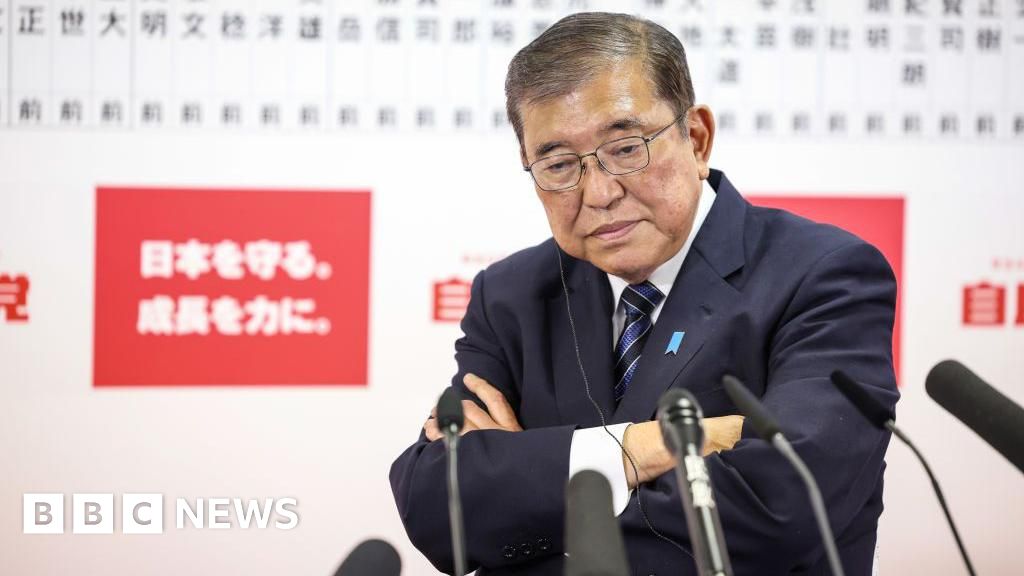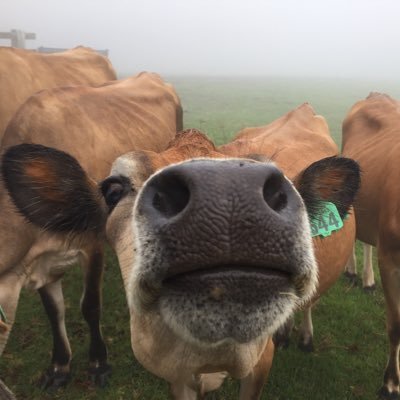I feel like every country that used to pretty cool, is just devolving into a political hellscape, because a small group of assholes are firmly convinced that they should be in charge of what everyone else does, thinks, and feels.
Another possibility is that the opposition parties unite to form the government - the largest one, the Constitutional Democratic Party (CDP), won 148 seats up from 98 previously.
But that is a more unlikely scenario as Japan’s opposition parties historically have faced difficulty in uniting or convincing voters they are a viable option to govern.
Extremely strange conclusions. If they won the election there is no “convincing voters” step for parliamentary alliances. I don’t know if BBC is displaying outrageous favoritism, or if Japan is truly weird.
@humanspiral @AmbiguousProps Japan is truely weird. Not really, it’s just different.
For most of post-war Japan the LDP has held government solely or in coalition. There isn’t one opposition party but many, often with opposing ideologies. Finding the numbers to form a coalition seems unlikely.
The one party state isn’t necessarily as undemocratic as we might think. The Japanese are more likely to seek consensus behind the scenes. The political parties seem to change leaders a lot.
A minority government isn’t unheard of but it would constrain their ability to get legislation through.
BBC - News Source Context (Click to view Full Report)
Information for BBC:
Wiki: reliable - BBC is a British publicly funded broadcaster. It is considered generally reliable. This includes BBC News, BBC documentaries, and the BBC History site (on BBC Online). However, this excludes BBC projects that incorporate user-generated content (such as h2g2 and the BBC Domesday Project) and BBC publications with reduced editorial oversight (such as Collective). Statements of opinion should conform to the corresponding guideline.
MBFC: Left-Center - Credibility: High - Factual Reporting: High - United Kingdom
Search topics on Ground.News





